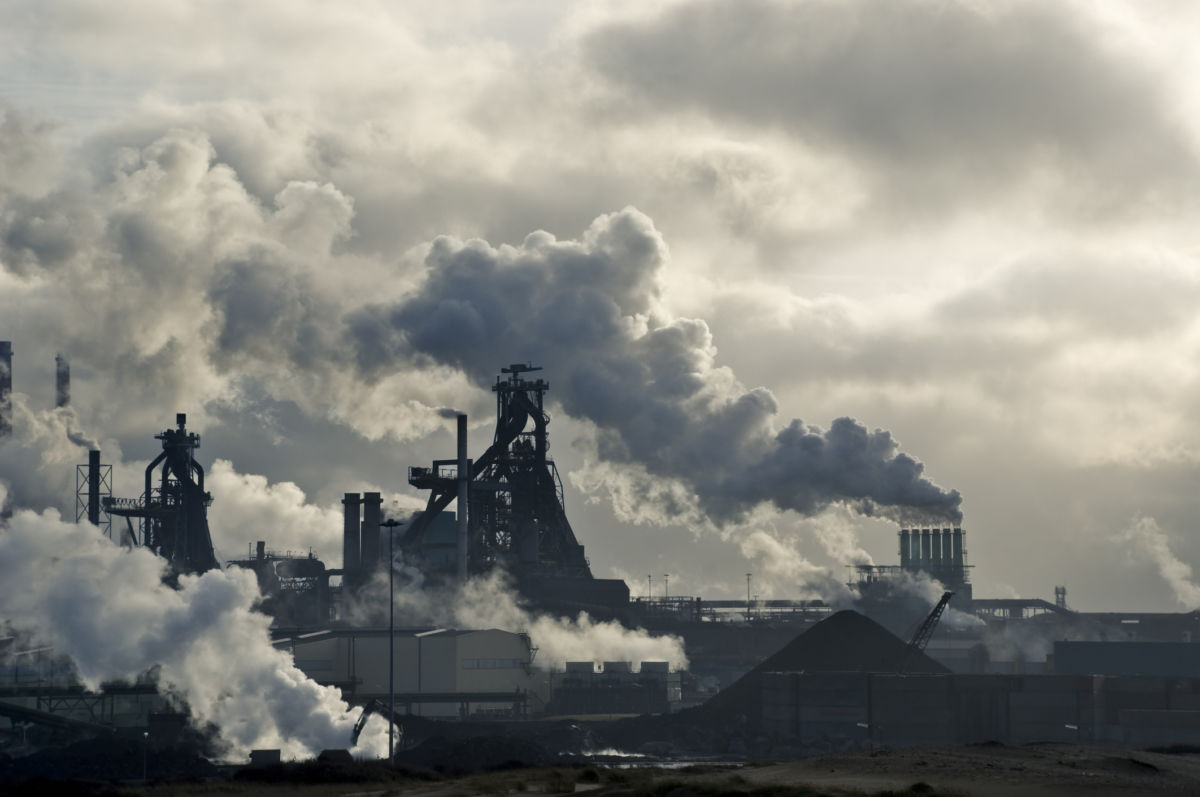The United Nations drew attention this week for an article published by its environment program that criticized carbon offsets, a strategy the UN has supported for two decades. The headline: “Carbon offsets are not our get-out-of-jail free card.”
It came three weeks after ProPublica published a widely discussed investigation into how offsets related to forest preservation have not provided the promised carbon savings and instead have given polluters a guilt-free pass to keep emitting CO₂.
“Scientists, activists and concerned citizens have started to voice their concerns over how carbon offsets have been used by polluters as a free pass for inaction,” the UN article said.
Niklas Hagelberg, a senior program officer at the Nairobi, Kenya-based UN Environment Programme, said ProPublica’s investigation contributed to the questions raised over offsets, capturing key challenges such as how to accurately monitor trees in protected areas and how to fund livelihoods for forest communities that don’t involve cutting down trees.
The UN article addressed all types of offsets, including renewable energy, tree planting and energy efficiency. Hagelberg told ProPublica the main message is that offsets shouldn’t be used as an excuse not to act. Industries use offsets because they are usually cheaper than reducing emissions on site. However, companies should exhaust their own low-cost reductions before buying offsets from another sector, he said. For instance, it costs oil and gas companies very little to cut certain types of methane leaks, he said. “It’s almost like, fix your own house, clean your own room first.”
The UN Environment Programme, billed on its website as the “leading global environmental authority that sets the global environmental agenda,” says it has been “carbon neutral” since 2008 through a mix of net reductions and offsets such as wind and hydropower projects. The offsets come from the Clean Development Mechanism, implemented under a separate UN office that handles global climate talks.
Clean Development Mechanism credits have come under fire for environmental and human rights scandals. The ProPublica investigation noted a 2016 study that found 85% of the offsets had a “low likelihood” of creating real reductions.
In an emailed statement, the program’s communications office said it has reduced its reliance on these offsets over time, and these credits are “rigorously managed and controlled.” When selecting offsets, they “take into consideration those which may also have additional social and environmental benefits.”
Hagelberg said his agency has no plans to change the types of offsets it uses. “My main concern is that we actually reduce our emissions, our real emissions, instead of having to go to the offsets side,” he said. Offsets remain part of the climate solution for now, he said, though they will need to be reevaluated in the future.
The program stirred controversy this week after it took down a more pointed version of the article published Monday, which said: “The era of carbon offsets is drawing to a close. Buying carbon credits in exchange for a clean conscience while you carry on flying, buying diesel cars and powering your home with fossil fuels is no longer acceptable or widely accepted.”
Climate Home News, a London-based news site, reached out to the program with questions after the “unusually stark critique,” with a headline announcing, “UN Environment official attacks agency’s own carbon offsetting policy.” The next day, the language that offsets were “no longer acceptable or widely accepted” was edited to say they are “being challenged by people concerned about climate change.”
When asked why he’d revised the article, Hagelberg said it went through an editing process that “added a little more spice,” resulting in a version posted online that “went perhaps too far.” It was later revised “so there’s no ambiguity in the message,” he said.
Even the revised article is “further than I’ve seen any UN body go” in discussing offsets and their growing opposition, said Taylor Billings, media director for Corporate Accountability, an advocacy group that monitors the fossil fuel industry’s influence on global climate talks. Since the criticism is coming from a UN agency publication, it makes it harder for UN Climate Change — the office that created the Clean Development Mechanism — to ignore those flaws, Billings said. “It’s an indication that the tide is turning on this blind faith in offset programs to get us out” of the climate crisis, Billings said.
The UN has publicly struggled to reconcile its support for offsets with evidence that they are problematic. As Climate Home News reported, UN Climate Change released a video in August titled “keep calm and offset,” which “appeared to suggest that viewers could lead a carbon-heavy lifestyle as long as they offset their emissions. It was taken down after a backlash.”
Rules governing global carbon offsets remain contentious and are consistently debated at UN climate talks. They will be discussed at coming talks in Bonn, Germany, starting next week.
Our most important fundraising appeal of the year
December is the most critical time of year for Truthout, because our nonprofit news is funded almost entirely by individual donations from readers like you. So before you navigate away, we ask that you take just a second to support Truthout with a tax-deductible donation.
This year is a little different. We are up against a far-reaching, wide-scale attack on press freedom coming from the Trump administration. 2025 was a year of frightening censorship, news industry corporate consolidation, and worsening financial conditions for progressive nonprofits across the board.
We can only resist Trump’s agenda by cultivating a strong base of support. The right-wing mediasphere is funded comfortably by billionaire owners and venture capitalist philanthropists. At Truthout, we have you.
We’ve set an ambitious target for our year-end campaign — a goal of $250,000 to keep up our fight against authoritarianism in 2026. Please take a meaningful action in this fight: make a one-time or monthly donation to Truthout before December 31. If you have the means, please dig deep.
